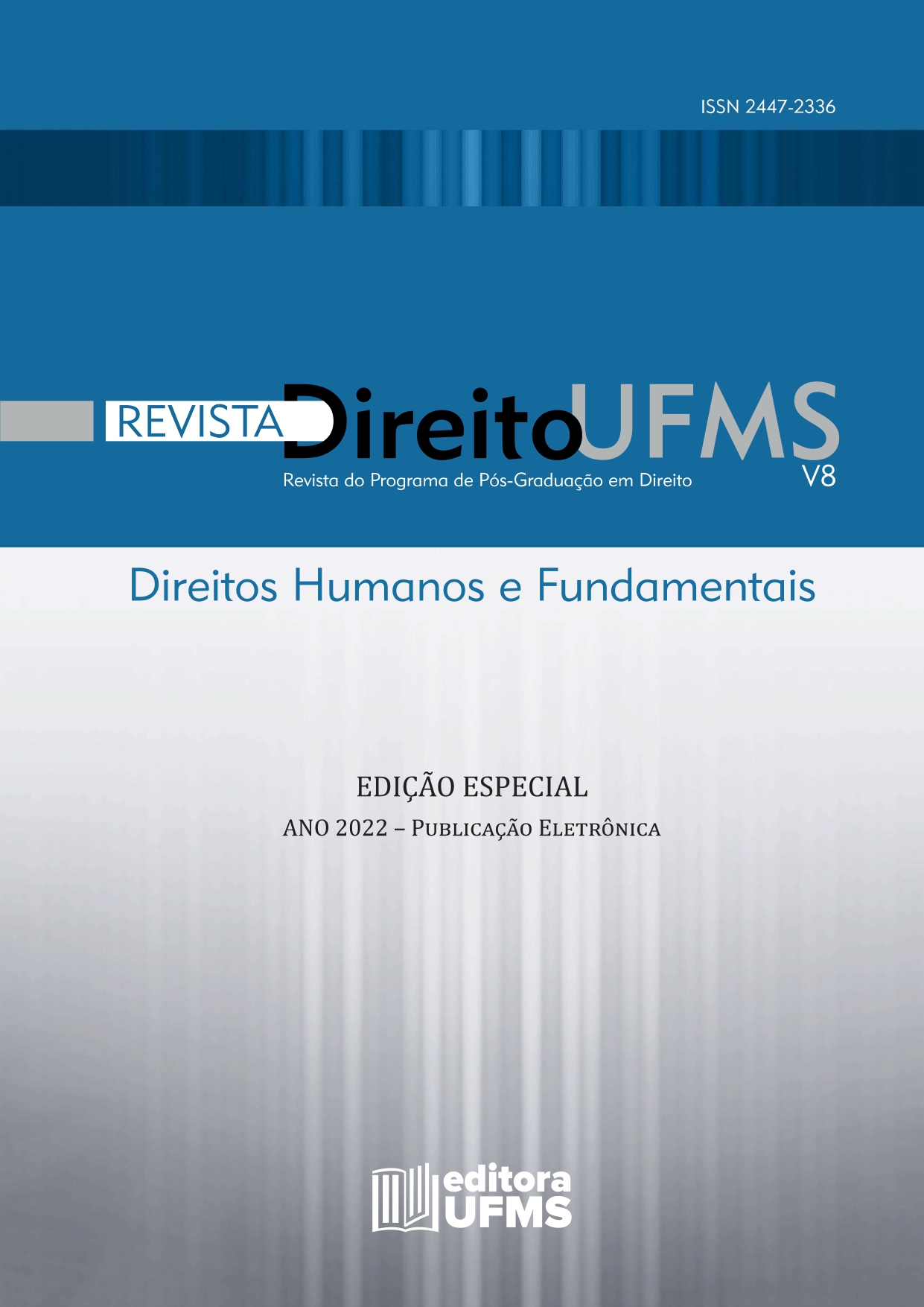RENOVABIO: CONCEITO, OBJETIVOS E IMPORTÂNCIA DESTA POLÍTICA PÚBLICA PARA INDÚSTRIA SUCROENERGÉTICA
Abstract
Faced with the worsening of climate issues on a global scale, the United Nations since the seventies has been holding a series of international conferences with the objective of promoting reforms in the economic growth model, in which this also contemplates social inclusion and environmental preservation. Specifically with regard to the environmental issue, in particular the climatic issue, the 21st Conference of the Parties was held in 2015 in Paris, in which the nations committed themselves to endeavor to contain the increase in temperature up to 1.5 ° C until 2030, through mitigation results transferred internationally to fulfill the Nationally Determined Contributions. Specifically with regard to Brazil, the RenovaBio program, National Biofuels Policy, created by Law No. 13,576 / 2017, was designed to achieve the aforementioned objectives, which will have important impacts on the sugar-energy sector. In this sense, a study about RenovaBio in the sugar-energy sector is justified based on the following objectives: to discuss RenovaBio and its insertion in the sugar-energy sector through the procedures established in regulatory normative acts. For that, the research method used was the qualitative indirect and exploratory documentary. In view of the importance of the sugar-energy sector for the Brazilian economy, as well as for the optimization of energy efficiency and environmental preservation, it can once again establish its role in sustainable technology for the production of fuels. And all this adding value for those who invest firmly in this direction, with the return of CBIO ́s, generating great opportunities.
I (we), below signed, transfer all the Copyright rights of the article entitled (title) to the UFMS LAW REVIEW – UFMSLR.
I (we) declare that the paper is original and that it is not being considered for the publication in another journal, be it in electronic or printed format.
I (we) have complete knowledge the journal reserves the right to effectuate alterations of normative, orthographic and grammatical order in the originals, with the objective to maintain the cult pattern of the language, respecting, however, the authors’ style and that the originals will not be returned to the authors.
















